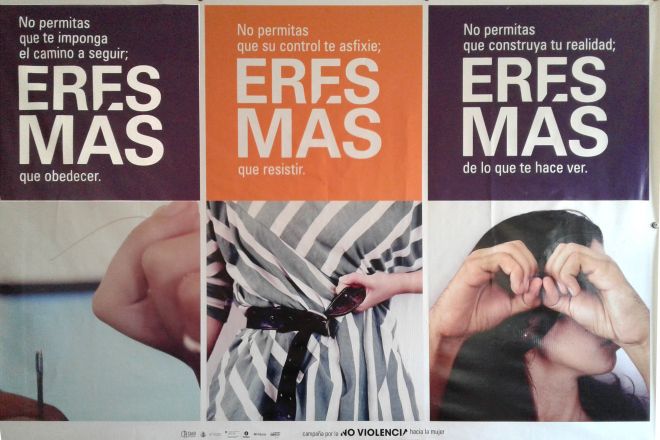CEDAW Rebukes the U.S. for Violations of Women’s Human Rights
Published on August, 14 2022
by Leni Villagomez Reeves
Cuba and the Bolivarian Alliance Issue Committee
July 2022
The UN Committee on the Elimination of All Forms of Discrimination Against Women (CEDAW) closed its 82nd session on July 1. The statement issued by the Committee emphasized the importance of protecting women’s reproductive rights, and was entitled: “Women’s access to safe and legal abortion: urgent call for the United States of America to adhere to the Convention.” Although 189 countries are parties to the CEDAW Convention, the United States is one of the only seven countries in the world that are not parties to the international convention that protects women’s human rights, including their right to sexual and reproductive health.
The Committee on the Elimination of Discrimination against Women, made up of 23 independent human rights experts from around the world, monitors countries’ compliance with the Convention. They urged the U.S. to adhere to the agreements of the Convention, which it signed in 1980 but has never ratified. During this same session, Dr Yanila Gonzalez Ferrer, a Cuban candidate, was elected to CEDAW with 143 votes - the highest vote total recorded. This is a reflection of Cuba’s work as a leader in women’s rights.
For decades, Cuba has maintained a commitment to the advancement of real, effective equality for women, beginning with the triumph of the Revolution in 1959—by the time CEDAW was approved at the end of 1979, Cuba had 20 years of experience organizing to end discrimination against women, including the formation of the Federation of Cuban Women in 1960 and the Family Code of 1975. Cuba was the first country to sign, and the second to ratify CEDAW.
Cuba legalized abortion in 1965, becoming the first country in the Western Hemisphere to allow women autonomy over their own bodies. Today in Cuba, women (and men) have the right to 6 weeks of parental leave before giving birth, and 3 months afterward at full salary with another 9 months available at 60% salary. The right to return to one's job at the end of the year is also protected. “Equal pay for equal work” is the law.
Cuba’s parliament (Asamblea Nacional de Poder Popular) is comprised of just over 53% woman delegates. Women represent about 67% of educational professionals, more than 70% of judges and district attorney equivalents, 62% of doctors, and more than half of all scientists.
In the United States, the failure to ratify CEDAW, failure to pass the ERA, the lack of support for parental leave, and a right-wing Supreme Court that eliminates the fundamental human right of bodily autonomy lead us to the clear conclusion that women’s rights, and the rights of all people, are threatened by hostile forces.
Cuba is currently updating their entire legal structure of Family Law in the Families Code, working to establish rights that were previously unrecognized by the legal system. This includes the protection of the rights of all people of any gender to form a family without discrimination, and the legal definition of family institutions was updated with more inclusive rather than strictly heteronormative models. Some parts of these reforms are controversial for conservatives, but in Cuba, the right to abortion is not under attack—when the Families Code goes to referendum, it is expected to pass by a large majority. Cuba provides an example of advancing the rights not only of women, but of all people.



